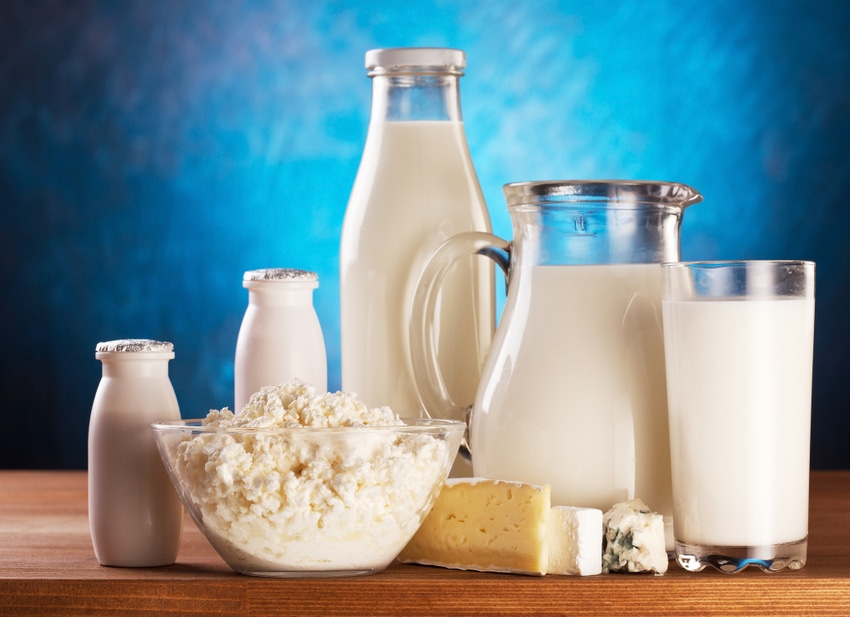Regulators vote on policy stating they need federal assistance in regulation of all products utilizing standardized dairy terms.
May 17, 2017

State milk regulators requested that the U.S. Food & Drug Administration work with them to enforce the proper use of milk and milk product labeling terms, especially those meant to distinguish between real dairy products and plant-based imitators – a development the National Milk Producers Federation (NMPF) hailed as “the strongest statement yet that the abuse of dairy terms has gone too far.”
“It’s time for FDA to work with state agencies in defending standards of identity for dairy products,” said Beth Briczinski, NMPF vice president of dairy foods and nutrition.
The pushback by state officials against FDA’s history of inaction on labeling enforcement came Wednesday during the biennial meeting of the National Conference on Interstate Milk Shipments (NCIMS) in Grand Rapids, Mich., this week. NCIMS is a national cooperative regulatory program that includes state milk regulatory agencies, dairy companies and FDA. The states collaborate with federal regulators and industry groups to ensure the safety and integrity of dairy products regulated under the Grade “A” program, including fluid milk, yogurt and other dairy products.
During Wednesday’s NCIMS session, state milk safety regulators voted unanimously in favor of a resolution intended to clarify the responsibilities of FDA and state programs in ensuring the proper use of standardized dairy product names.
“The state agencies, through their vote today, acknowledged that more effort is needed from FDA to clarify the role of State Milk Regulatory Programs in assuring the proper use of the standardized names of milk and milk products,” Briczinski said. “FDA needs to stop picking and choosing which regulations it wants to enforce.”
For example, FDA’s standards of identity specify that milk is the product of cows and other dairy animals and that yogurt is the product obtained exclusively from the culturing of dairy ingredients. Absent any regulatory consistency about how these label terms are applied, “consumers are bound to be confused and misled by the growing variance in the nutritional and compositional content of imitation foods made from nuts, seeds and grains but purporting to be dairy products,” Briczinski said.
By approving this resolution, “the NCIMS delegates are acknowledging that states need federal assistance in the regulation of all products utilizing standardized dairy terms. This will ultimately benefit consumers, who face an increasingly bewildering assortment of imitation dairy products,” Briczinski added.
A renewed emphasis by FDA on the regulation of dairy terms would bring the U.S. into closer alignment with how the issue is handled in other countries, Briczinski noted. Canada, the U.K. and the European Union “do not allow plant-based imitators to call themselves 'milk' on their packages. We have the same regulation on the books in the U.S., but there has been no effort to enforce that policy. Today’s decision will hopefully create a new approach to the issue,” she said.
You May Also Like



